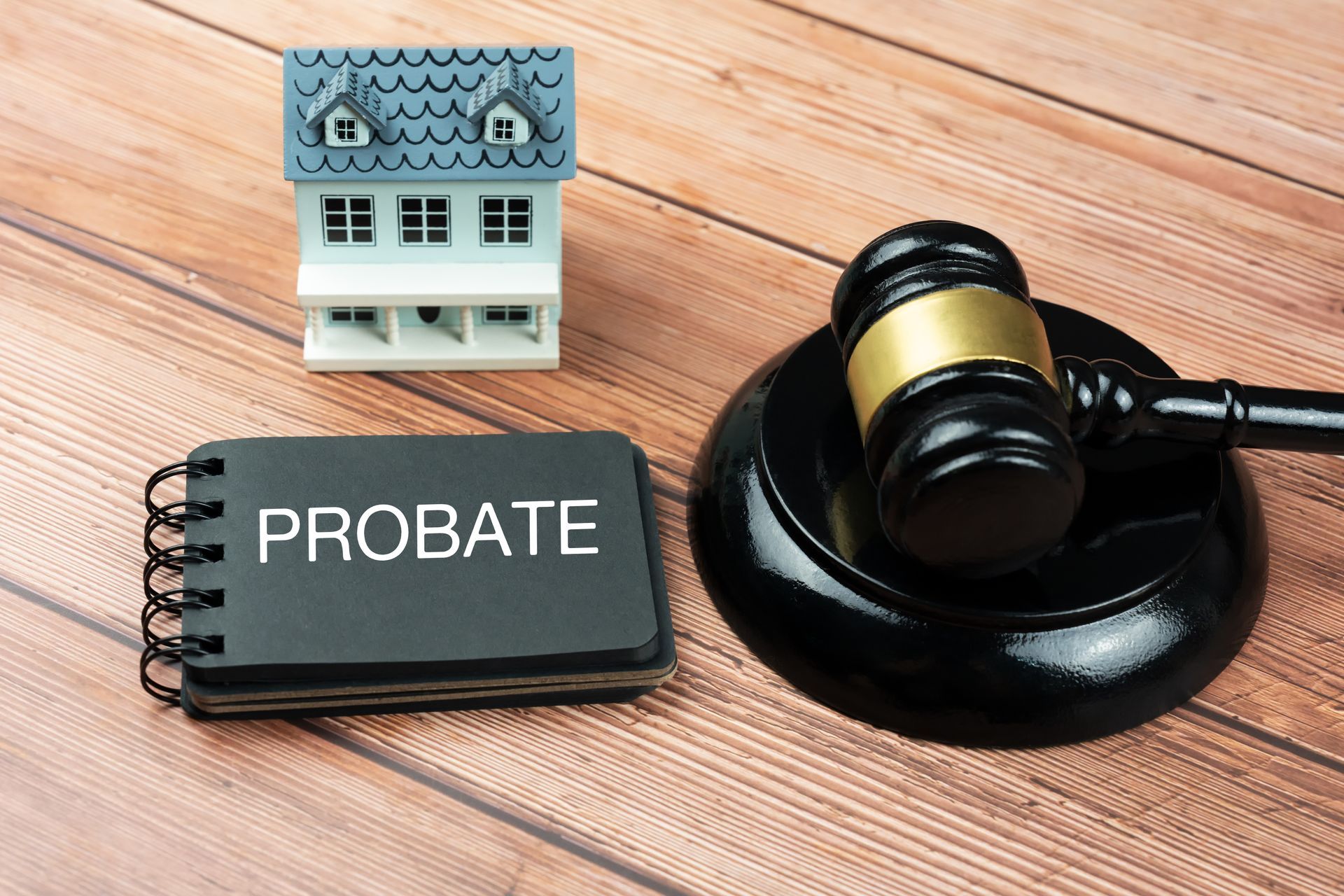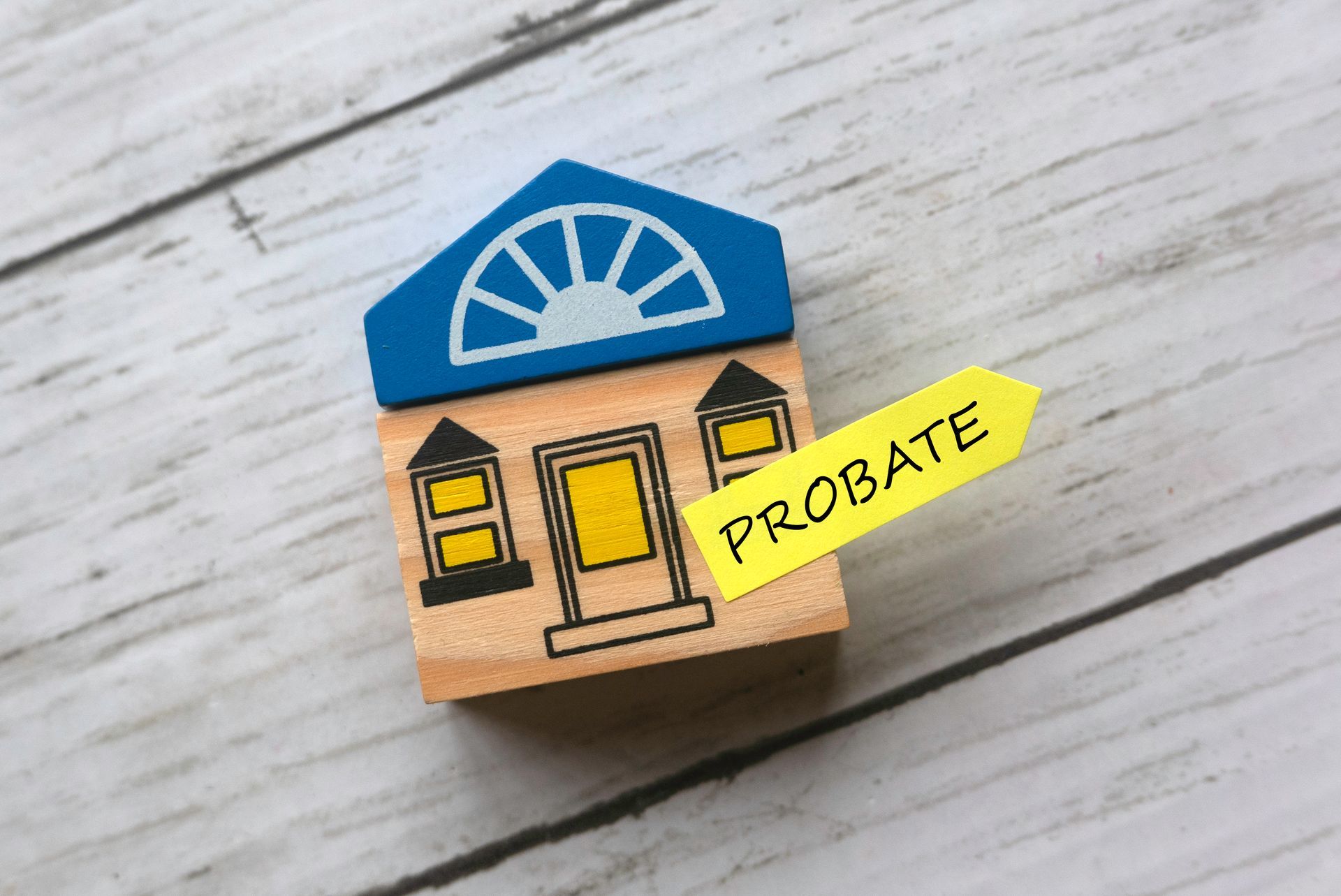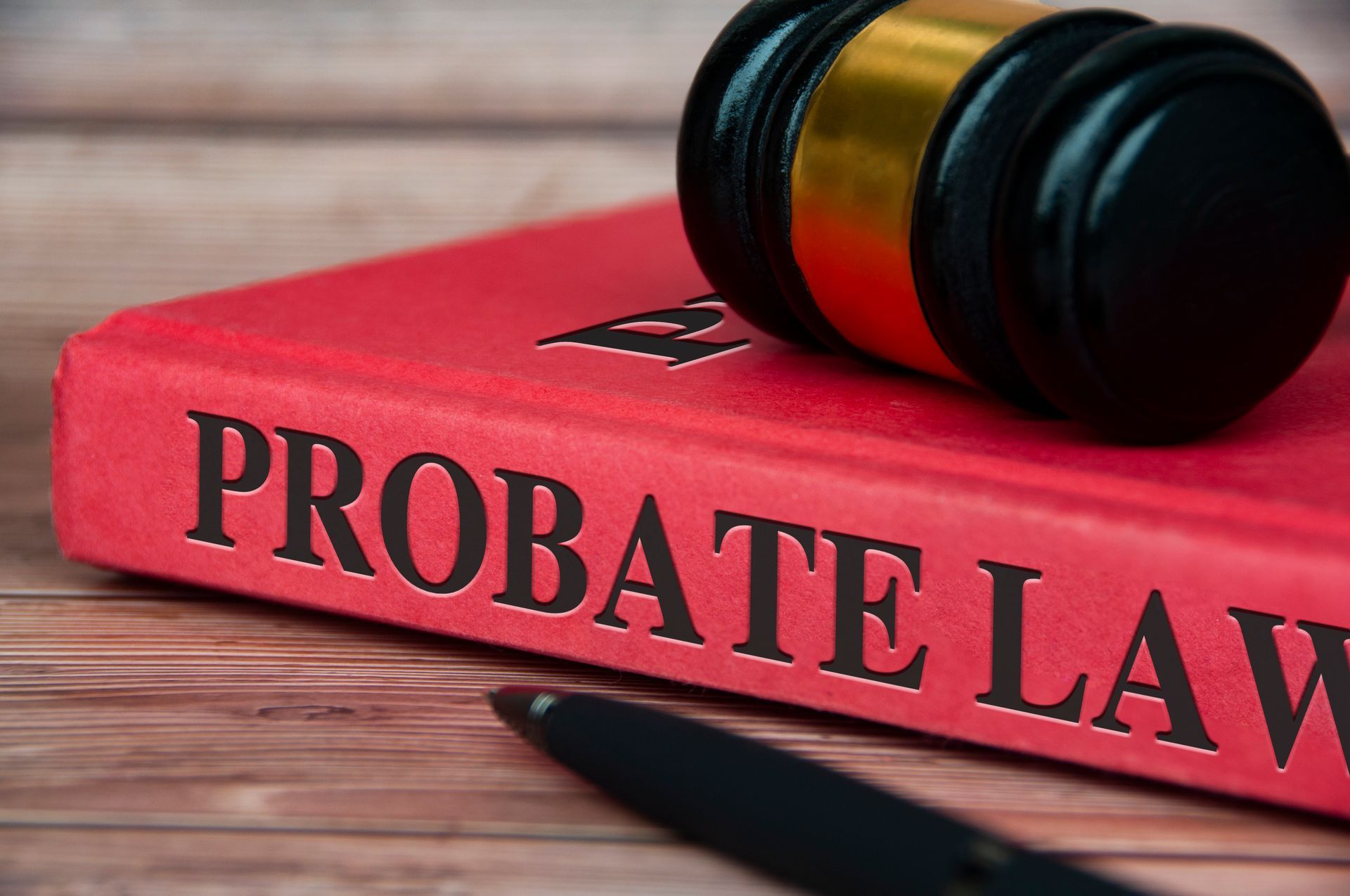The Major Advantages of Living Trusts in Florida

What is a Living Trust?
A Florida living trust is an estate planning legal instrument that people use to transfer the ownership of their most valuable assets for the benefit of their spouse or other people they designate.
The person setting up a living trust in Florida is the trustmaker, settlor, or grantor. The trustmaker creates the terms of the living trust legal document or contributes to the property. On the other hand, a trustee is a person who ensures that the beneficiaries receive benefits according to the provisions of the trust agreement. The trustee is a fiduciary of the trust, meaning that they guarantee the settlor’s wishes will be honored according to their intentions. The initial trustee is usually the grantor. The person who benefits from the trust after the grantor’s death is known as the beneficiary. The beneficiary has a present or future interest in a trust. Unlike the so-called death beneficiaries, the grantor is a lifetime beneficiary because they have full access to the assets while still alive.
Establishing a living trust involves changing the title over the property from the grantor to the trust. That means that, upon creating the trust, the grantor owns the assets as a trustee.
Governing Law
Chapter 736 of the Florida statutes (also known as the Florida Trust Code) regulates living trusts. The Code applies to express trusts, charitable or noncharitable trusts, or trusts created under law, judgment, or decree. Contrarily, it does not apply to constructive trusts, conservatorships, and custodial arrangements. Furthermore, it does not extend to business trusts, voting trusts, or trusts that have the primary purpose of paying debts, dividends, interests, wages, or employee benefits.
The Advantages Of Setting up a Living Trust In Florida
A Florida living trust offers several benefits that other estate planning instruments lack. Below are the most common advantages of establishing a living trust.
1. A Living Trust Is Revocable
A living revocable trust enables the grantor to revoke it at any time. Revoking the trust is an invaluable tool for adjusting it to the newly changed circumstances. Under Florida law, the settlor can revoke the trust without the consent of a person holding an adverse interest or a trustee. In practice, revoking a living trust means you terminate the trust and re-establish the property. Because assets in a trust are not the grantor’s property, you must transfer it back and re-list it as yours after terminating the trust. The flexibility of a living trust is an indispensable tool if you ever change your mind after setting up a trust.
2.The Possibility of Setting up a Shared Trust
One of the unique advantages of a living trust in Florida is establishing a shared revocable living trust. That is an excellent benefit for spouses who co-own the property. If they intend to leave all property to each other, that appears as a perfect solution. Conversely, if you are recently married or own most of your property separately (acquiring it before marriage), establishing individual trust is better.
3. Establishing a Living Trust Avoids Probate
Probate is the court-supervised procedure of collecting the assets of a deceased person and distributing them to inheritors. Probate is public, meaning that everything shared during the process becomes part of a publicly accessible record. Regardless of will, a probate process will take place. It is known as a time-consuming, expensive, and emotionally draining procedure. The only way to avoid probate is to create a living trust because it does not need court approval. If there is a living trust, the living trust owns the property, not a deceased person. The trustee administers the property, transferring it to beneficiaries. Hence, there is no need for a probate process. If the descendant owned the property in multiple states, each state conducts a separate probate procedure. But, if the property in different jurisdictions is in a living trust, the family will avoid multiple probates in each state. However, you will not avoid probate if you did not transfer the title on the property to a living trust. Setting up the trust (without title transfer) does not automatically lead to avoiding probate.
4. Avoiding Guardianship
Another advantage is avoiding public guardianship. Instead of the guardian taking over the administration of the property, the successor beneficiary will manage the property if the grantor becomes incapacitated and unable to run the trust.
5. An Option of Transferring Assets After the Death
Under Florida law, a living trust enables you to wait before transferring assets into the trust. In other words, you do not have to move any property upon establishing the trust. However, that is only possible in the case of a married couple. It is possible to transfer the ownership of the property into the trust after the first spouse dies.
6. Asset Protection for Future Trust Beneficiaries
The common misconception is that living trusts in Florida enable asset protection for the grantor. The Florida Trust Code explicitly provides that no asset protection from creditors is possible if the trustmaker establishes the trust for his benefit. However, a living trust can provide significant protection to the assets of beneficiaries. The key is to design trust agreement provisions so that the trust property remains in the interest of children, spouses, or other designated beneficiaries. By establishing the trust for the advantage of your children, you will provide them with substantial asset protection.
7. Homestead Exemption
There are two types of homestead exemptions in Florida. First, there is an exemption from forced sale. It protects homeowners so that their home is safe from creditors. Next, there is a tax exemption meaning that your property is tax-free to the extent of the value of the homestead. Homeowners in Florida enjoy the benefit of keeping the homestead exemption even after putting their estate in a revocable living trust. The advantage of homestead exemption applies equally to tax exemption and homestead exemption from creditors.
Conclusion
Creating a revocable living trust in Florida will provide you with significant advantages. Avoiding expensive and burdensome probate procedures and guardianship are some of the benefits. Apart from that, you can revoke it at any moment until death, keep homestead exemption, and provide asset protection for your beneficiaries. Besides, you can create a shared trust or ensure that your assets move into the living trust after your death.












